Speakers
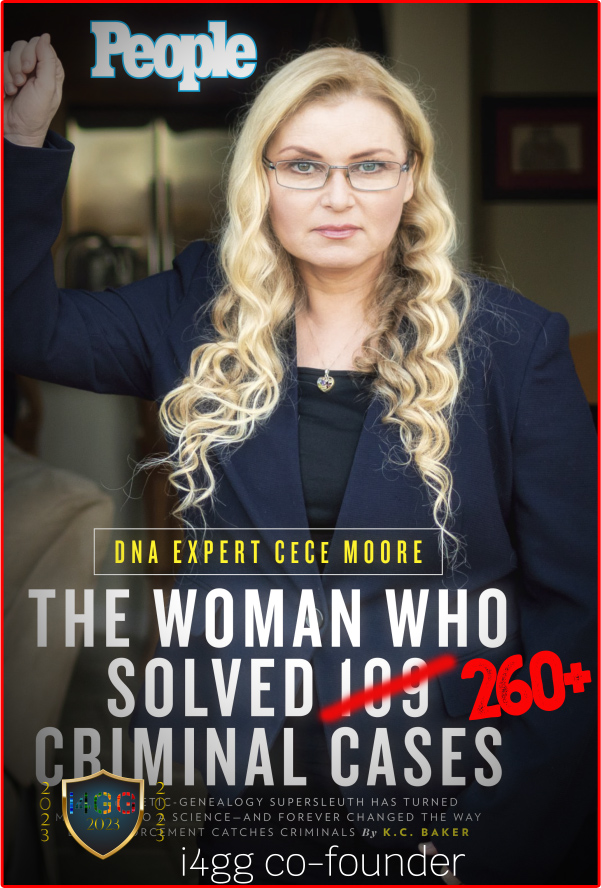

She is a pioneer and leading authority on investigative genetic genealogy (IGG). As the Chief Genetic Genealogist at Parabon Nanolabs, CeCe has led her small genetic genealogy team to the unparalleled record of over 260 successful identifications of violent criminals and unidentified decedents, averaging more than one solved case per week over the last four and a half years.
CeCe’s work with law enforcement has led to the first conviction, the first conviction through jury verdict, and the first exoneration in cases where the suspect was identified through IGG. CeCe’s groundbreaking work has been featured widely in thousands of articles and hundreds of television shows throughout the world, promoting public awareness and support of investigative genetic genealogy as a powerful tool with positive societal impact.
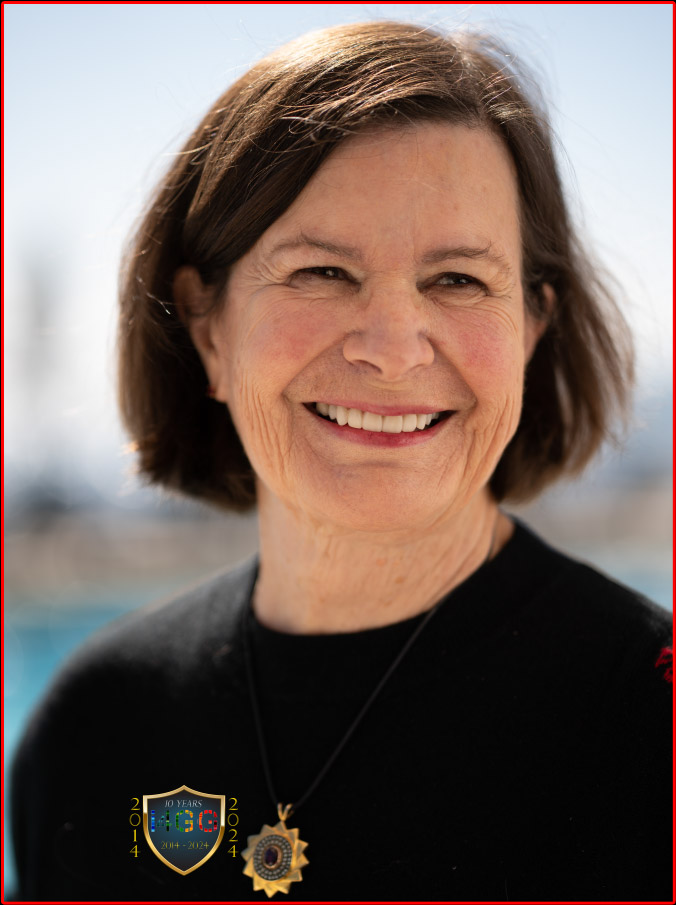

Title: Solving the Unsolvable: Advances in Investigative Genetic Genealogy
Barbara Rae-Venter, J.D., Ph.D., is the President and a Co-Founder of Firebird Forensics Group, Inc. a 501(3)(c) corporation that focuses on assisting law enforcement with identifying suspects in violent crimes and identifying unidentified human remains. Barbara assisted the FBI, Paul Holes and the Sacramento DA’s office in identifying Joseph James D’Angelo as the notorious Golden State killer. For her work, Barbara was recognized by the journal Nature as one of “10 People Who Mattered In Science” in 2018. She was also recognized as one of Time100’s Most Influential People of 2019.
Barbara has a book about the early cases that she assisted in solving. including the GSK, the was published by Penguin Ransom House February 7th 2023 and has been nominated for the Edgar Award for Best Fact Crime Novel: I Know Who You Are.
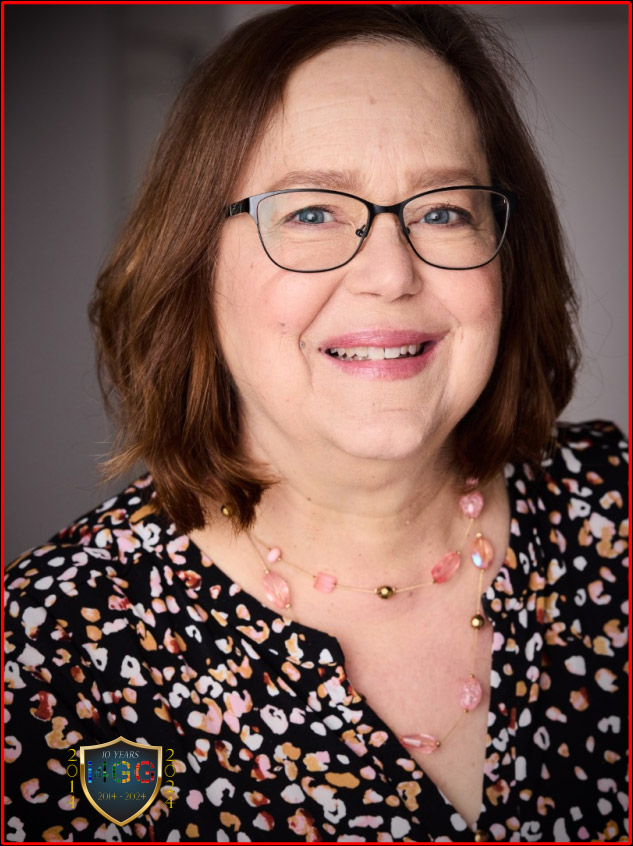

Case Studies: Chasing Dave’s Surname and the Homicide of Darlene Krashoc.
Christine is a professional investigative genetic genealogist with Parabon Nanolabs. For the past 5+ years, she has helped make identifications in 50+ violent crimes and Doe cases for law enforcement in North America. At a local genealogy conference in 2013, she was inspired to learn more about genetic genealogy and she began assisting adoptees and others.
She has resolved hundreds of misattributed percentage cases as a volunteer in CeCe Moore’s DNA Detectives Facebook group and regularly volunteers with the DNA Interest Group (DIG) for both Southern California Genealogy Society (SCGS) and California African American Genealogy Society (CAAGS).
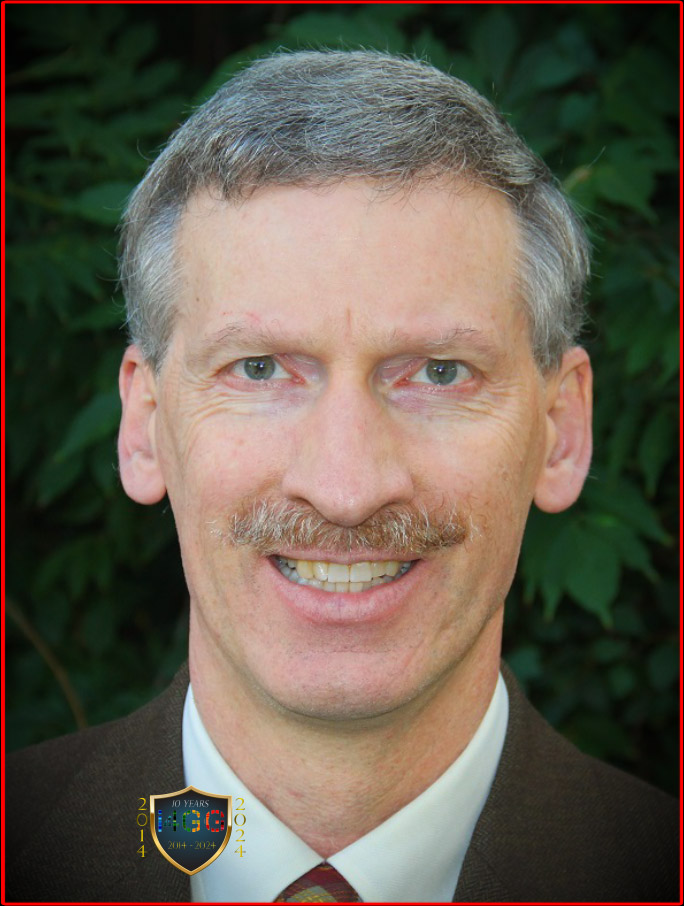

Ten Years ago, Tim Janzen co-founded the Institute of Genetic Genealogy (i4gg) together with CeCe Moore. He is a medical doctor in Portland Oregon and has been involved in genealogical research for 40 years. Dr. Janzen possesses extensive expertise in various aspects of genetic genealogy with a particular focus on phasing in autosomal DNA analysis.
He has been a consultant to the genetics company 23andMe as one of their ancestry ambassadors. He has also been a consultant for Family Tree DNA, MyHeritage, and Ancestry.com. Tim helps lead the advanced genetic genealogy classes in Portland OR for the local ISOGG group and has given multiple presentations at genealogy conferences around the country about genetic genealogy.
Tim is married to Rachel Janzen and they have four children.
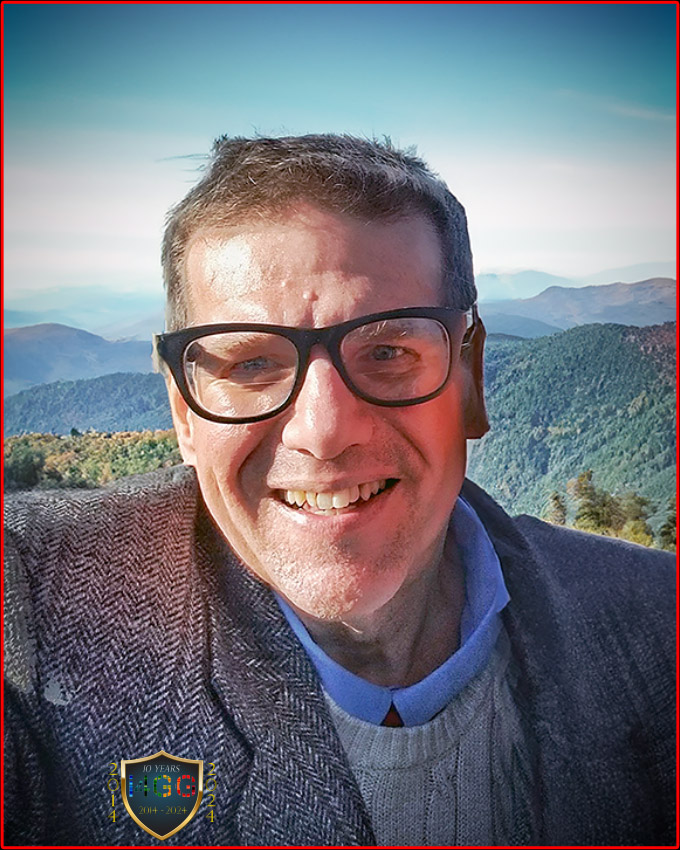

Title: An Introduction to AI Genealogy for Genetic Genealogists
Steve Little is the AI Program Director for the National Genealogical Society. He completed graduate-level courses in applied linguistics, specializing in natural language processing and computational linguistics, two pillars of today’s large language models of AI.
His passion lies in AI and genetic genealogy: with a keen interest in endogamy, pedigree collapse, deciphering multiple relationships, and an insatiable curiosity to explore beneficial uses and current limits of artificial intelligence in genealogy. Beyond genealogy Steve wears many hats: he’s a husband and a dad, a Methodist pastor, and a Virginian. His hobbies span from bird watching and sky gazing; to chess and film. Additionally, he’s an avid reader, writer, photographer, and regex script hacker.
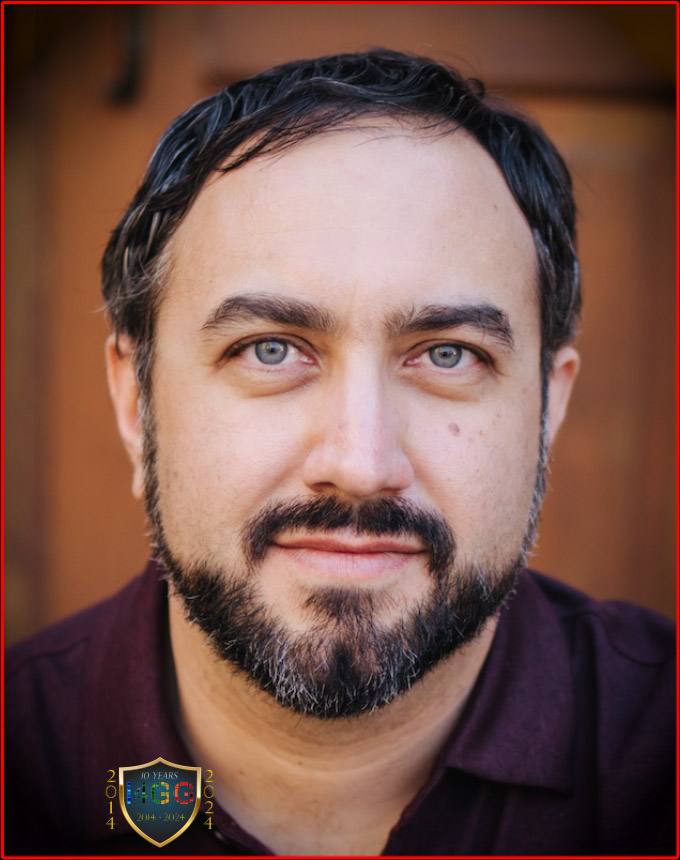

Title: DNA Justice: How it Works and Plans for the Future
Kevin is currently Director of Bioinformatics @ Intermountain Forensics and Director of Lab Logistics for DNA Doe Project, and more recently the CTO of DNA Justice.
He has performed bioinformatics analysis of sequencing data for hundreds of samples for the purpose of investigative genetic genealogy (IGG). This includes many extremely challenging unidentified human remains cases even providing usable genotype files leading to identifications of decedents from the 19th century. Through his various roles over the years, he has gained a deep understanding of all facets of IG.
He has been featured in media outlets such as dateline, The Atlantic, The New York Times, the Washington Post, Citizen PI, NewsNation Prime, and the Texas Observer.
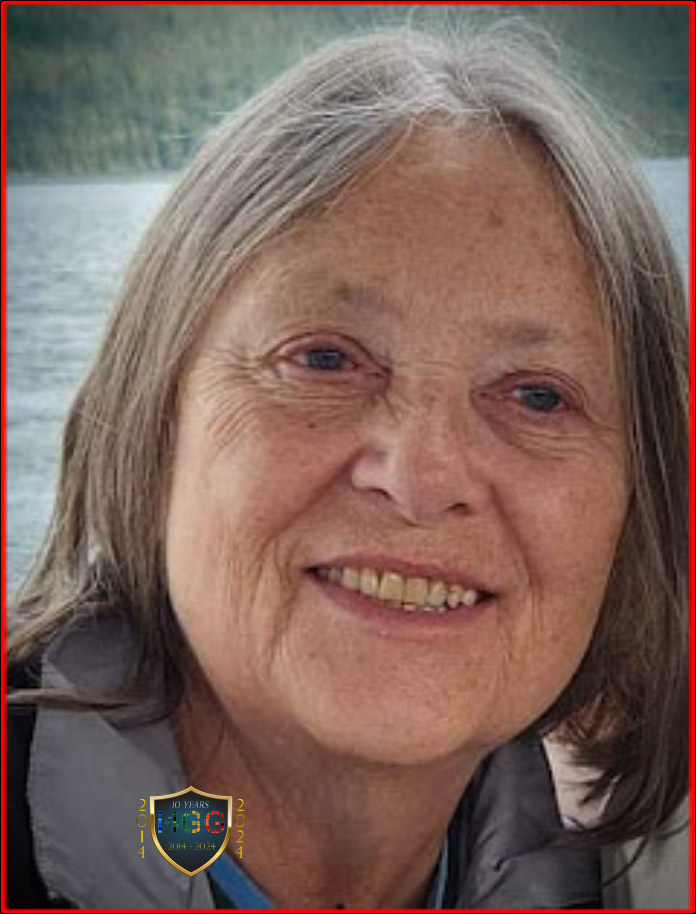

Title: When to use ethnicity in your search
Kitty Munson Cooper is well-known blogger on genetics and genealogy who has many presentations about genetic genealogy topics.
She started blog.kittycooper.com in 2012 to keep track of her own family’s DNA tests as well as her genealogical research. Then she added some tools she wrote for graphing DNA relationships and converting ahnentafel lists to GEDCOMs. Her compact chromosome browser tools now part of GEDmatch. Her blog is very popular, getting several thousand unique visitors a day.
Kitty has a cum laude degree from Harvard University and is also a World Champion Bridge player. Born and raised in New York City, she lives in San Diego in the winter time with her partner Bart and dog Rockie.
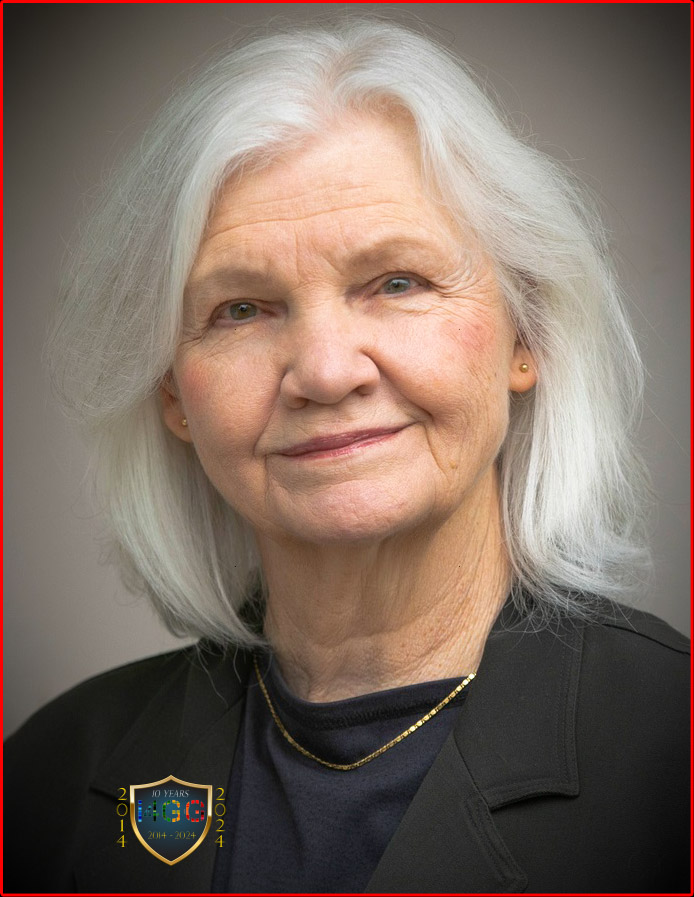

Title: BanyanDNA:
looking for answers in tangled trees
Margaret Press, PhD, is a co-founder of the DNA Doe Project, serving on the Investigative Genetic Genealogy Accreditation Board, and a founding member of the DNA Justice Foundation.
Margaret Press will be giving a sneak peek on a new online software tool for creating, visualizing and analyzing complex trees and relationships. BanyanDNA employs a novel statistical approach to predicting genetic relationships through dynamic simulations that take into account multiple ways two people might be related. The design promises greater accuracy over existing methods and is able to handle much more complicated pedigrees. Useful for unknown parentage research, or breaking down brick walls in one’s own family.
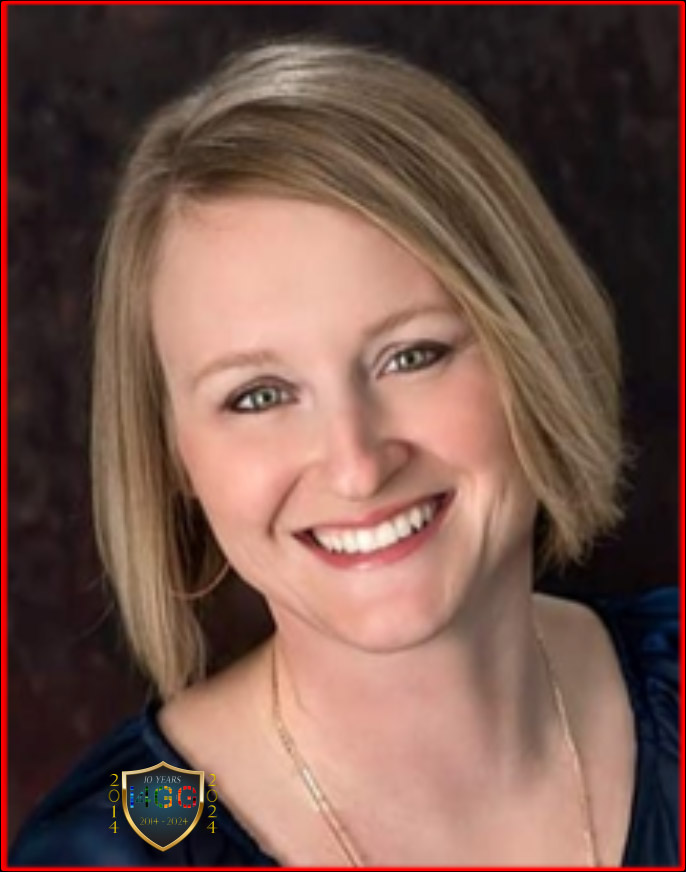

Title: Persistence for Patti an IGG Case Study
Amanda Reno is a Founding Partner of AdvanceDNA and Investigative Genetic Genealogist for an Ohio law enforcement agency.
In 2020, Amanda became the first IGG to testify at trial in a criminal case. She currently serves on the Investigative Genetic Genealogy Accreditation Board where she works to establish ethical standards and proof proficiency for the field. Since 2015, she has provided genetic genealogy research to hundreds of individuals seeking their biological identity.
Amanda is a Managing partner of 1982 audiocast, writer and host of Solvable by Audiochuck, and volunteer with Adoption Network Cleveland.
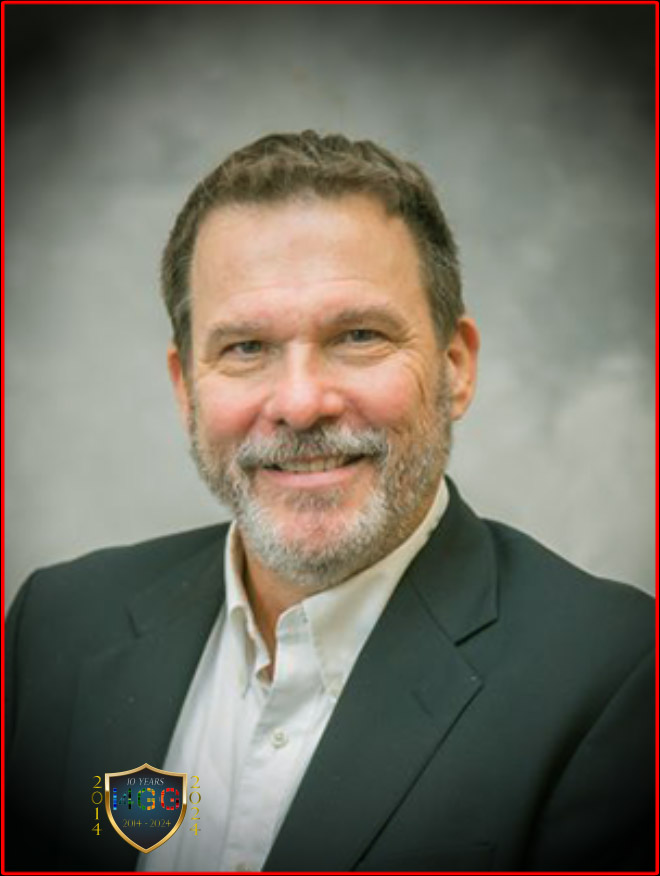

Title: The ABC’s of LEA IGG: Creating, Building, and Maintaining a Law Enforcement IGG Unit
Jeffrey S. Vandersip is a 25-year Law Enforcement professional, including the last 19 with the San Diego County Sheriff’s Department. As a member of Homicide’s Cold Case Unit, Jeffrey has played an integral part in resolving more than ten of the department’s IGG cases.
Jeffrey is a graduate of San Diego State university, a past president of both the California and San Diego Associations of Crime Analysts, and the recipient of the 2021 California Analyst of the Year award for his work in IGG. In addition to his family, Jeffrey is also a big fan of baseball, blues, and bourbon in just about that order.
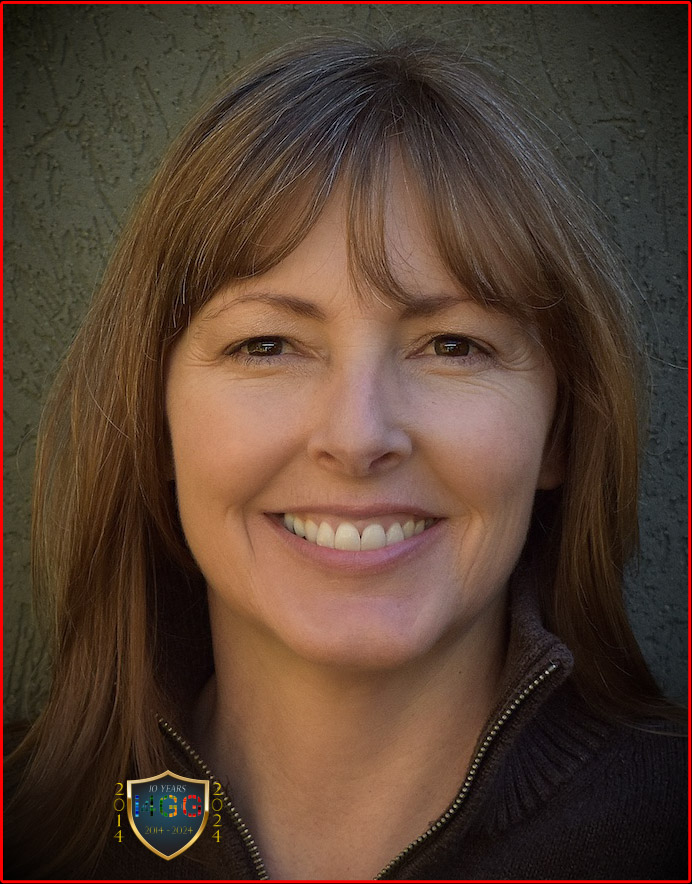

Title: Kintelligence Kit Case Study with Comparison to WGS
Alison is the Director of Forensic Investigative Genetic Genealogy (FIGG) at Intermountain Forensics. Alison is currently leading several teams of genetic genealogists working on forensic/investigative cases, including the effort to identify burials tied to the 1921 Tulsa Race Massacre. In addition to case organization, she specializes in relationship probabilities, DNA segment analysis, and investigative lead assessment.
She is frequently contacted for mentoring and consultation on these items, as well as her knowledge of kintelligence and traditional genealogy research strategies.

![]()
Title: Ramapo College Investigative Genetic Genealogy Center: A Year in Review
The Ramapo College Investigative Genetic Genealogy Center was founded in 2022 with three primary missions: to provide outstanding education in the practice of investigative genetic genealogy (IGG), to provide pro-bono IGG casework to agencies and attorneys in need, and to conduct research to advance the field of IGG. In our first year of operation, the IGG Center has achieved success in each of its missions.
In this presentation, we will share outcomes from our education programs, casework, and research projects. Information provided will include leads generated by our IGG Certificate Program participants, a breakdown of our caseload and success stories, and unpublished data from our Latin American DNA research project.
PRESENTERS: (from top)
Professor David Gurney is the Director of the IGG center and an assistant professor of Law & Society at Ramapo College
Tracie Boyle is Ramapo Collage’s IGG Case Manager and Administrative Assistant
Cairenn Binder is the Assistant Director of the IGG Center and the Director of the IGG Certificate Program

Title: The Brittle Riddle: The Nancy Anderson Story
We are the Anderson Family, a family of 10 siblings whose sister Nancy was murdered over a half century ago, in Hawaii in January of 1972. For 50 years there were no eyewitnesses, murder weapon, suspects, nor any clue as to who may have done this.
It was an extremely cold case that eventually became one of the oldest in the nation and the oldest case in Hawaii resulting in an indictment. It was recently solved by CeCe Moore and Parabon NanoLabs and we have been asked to talk briefly about this case and what Investigative Genetic Genealogy means to us.

Title: Becoming an Accredited Investigative Genetic Genealogist (AIGG) in 2024
The Investigative Genetic Genealogy Accreditation Board is working hard to develop a path for proficient and ethical practitioners to become an Accredited Investigative Genetic Genealogist (AIGG) in 2024. Board members of IGGAB will provide updates on the recent publication of Professional Standards and Code of Ethics, and share important updates on the development of the accreditation exam launching later in the year.
About IGGAB:
The Investigative Genetic Genealogy Accreditation Board was founded in 2022 to address the urgent need for standards and proof of proficiency in this rapidly developing field.The creation of an “Accredited Investigative Genetic Genealogist” program aims to build public trust in the field, ensure that accredited practitioners are both proficient and ethical, and provide accountability of a practitioner falls below standards.